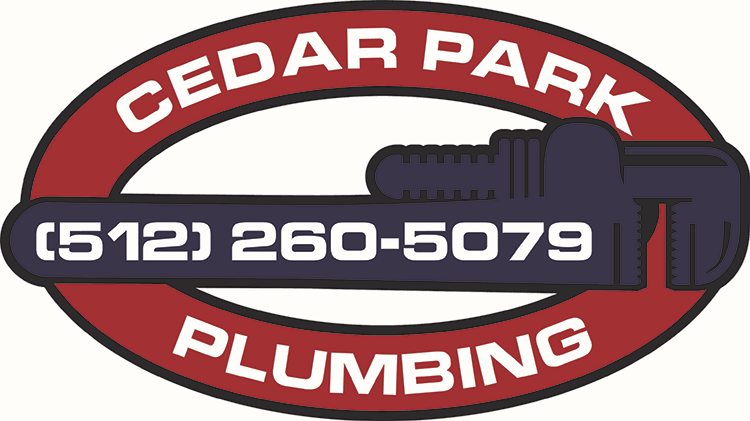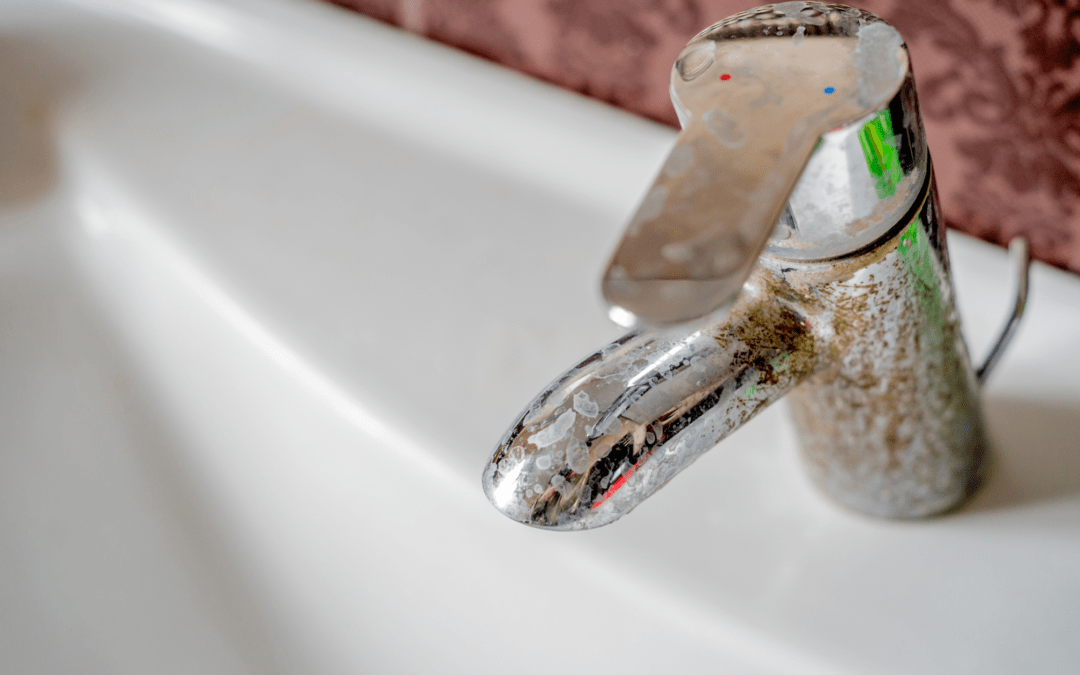When it comes to the health of your plumbing system, many factors can come into play. One factor that often gets overlooked is the quality of the water running through your pipes. Hard water, which contains high levels of minerals like calcium and magnesium, can have a significant impact on your plumbing system over time. In this blog post, we will explore the effects of hard water on your plumbing and provide tips on how to mitigate its impact.
The Effects of Hard Water on Plumbing Systems
One of the most noticeable effects of hard water on your plumbing system is the buildup of limescale. Limescale is a chalky white substance that forms when mineral deposits from hard water accumulate on surfaces like faucets, showerheads, and pipes. This buildup can not only be unsightly but can also restrict water flow and eventually lead to clogs in your pipes. Over time, limescale can cause damage to your plumbing fixtures and shorten their lifespan.
Tips for Mitigating the Impact of Hard Water
In addition to limescale buildup, hard water can also affect the efficiency of your appliances. Appliances like dishwashers, washing machines, and water heaters are especially susceptible to damage from hard water due to the presence of heating elements or moving parts that can become clogged with mineral deposits. The reduced efficiency of these appliances can lead to higher energy bills as they have to work harder to function properly.
Solutions to Combat Hard Water Problems
Furthermore, hard water can also impact the effectiveness of soap and detergents in cleaning tasks. The minerals in hard water react with soap molecules, forming a scum that makes it difficult for soap to lather and clean effectively. This means you may end up using more soap or detergent than necessary, leading to increased costs over time. Additionally, clothes washed in hard water may appear dull or stiff due to leftover mineral residue.
Practical Measures to Soften Hard Water
To combat the effects of hard water on your plumbing system, consider installing a water softener in your home. Water softeners work by exchanging calcium and magnesium ions in the water for sodium ions, effectively reducing the hardness of the water. This not only helps prevent limescale buildup but also extends the life of your appliances and improves their efficiency. Regular maintenance of your plumbing fixtures and appliances is also key to preventing damage from hard water.
Conclusion
In conclusion, understanding the impact of hard water on your plumbing system is essential for maintaining its health and longevity. By being aware of the effects of hard water such as limescale buildup, reduced appliance efficiency, and soap scum residue, you can take proactive steps to mitigate these issues. Installing a water softener and regularly maintaining your plumbing fixtures are effective ways to combat the negative effects of hard water. Remember that investing in preventative measures now can save you money on repairs and replacements in the long run.

